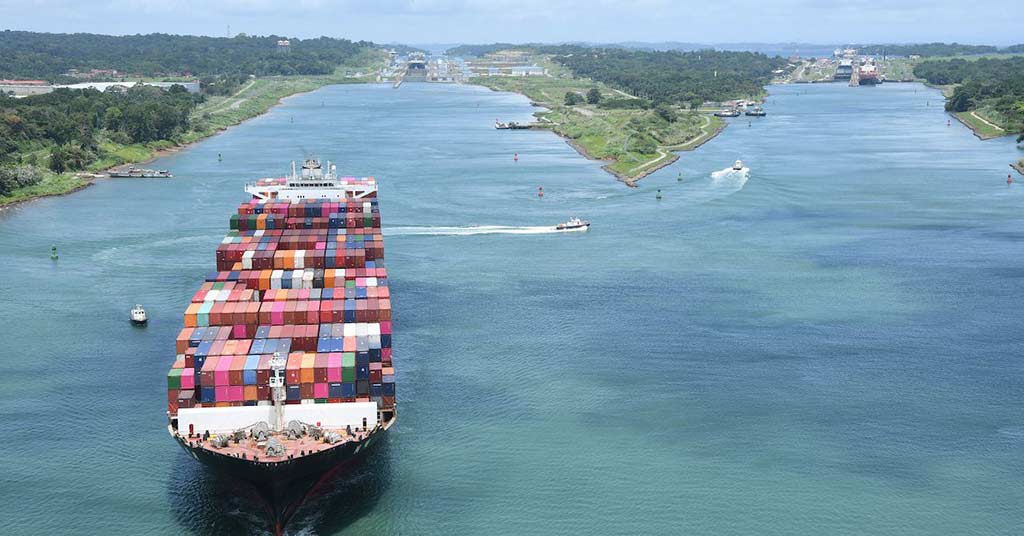Welcome To ChemAnalyst

In the realm of retrofitting methanol technology onto existing ships, a groundbreaking development is poised to usher in a new era, providing shipowners with the means to seamlessly convert their vessels while eliminating the need for cofferdams around fuel tanks.
Coffer dams have long been a thorn in the side of maritime innovation. The historical challenge they pose requires either an expansion of vessel size or the use of space that could be more efficiently employed, inevitably leading to heightened fuel consumption. The transformative innovation, envisioned by collaborative partners, carries the potential to do away with the necessity for cofferdams. This not only averts the loss of valuable space during retrofits but also represents a paradigm shift by substantially reducing the risk of cross-contamination. This is achieved through the fortification of tank boundaries using meticulous welding processes, stringent quality controls, and additional safety measures.
Going beyond the immediate challenges of space constraints, this forward-thinking concept facilitates an efficient vessel design adaptable to a diverse array of ship types. An innovative aspect is the accommodation of ballast water tanks in lieu of cofferdams, aligning seamlessly with IMO interim guidelines for the safety of ships utilizing methyl/ethyl alcohol as fuel. The versatility of this innovation extends across both new constructions and conversions, with well-defined design requirements set under a project-specific design and arrangement process. The genesis of this concept can be traced back to a retrofit project undertaken in collaboration with SDC Ship Design, during which LR (Lloyd's Register) and SDC pooled their expertise to conceive and develop this groundbreaking solution.
Methanol, lauded for its substantial potential in mitigating greenhouse gas emissions and propelling the maritime industry towards a net-zero future, emerges as a transformative force across diverse maritime applications. This applies not only to vessels of varying sizes but encompasses both new constructions and conversions. The noteworthy attributes of methanol, including its biodegradability, complete miscibility with water, and critically, low toxicity to aquatic organisms, underscore its versatility and environmental benefits.
Recognizing the commendable decarbonization potential of methanol, shipowners on a global scale have expressed heightened interest. The recent surge in demand for alternative fuels within the maritime industry is palpable, exemplified by the record of 14 orders for methanol-powered ships recorded last month. This surge aligns seamlessly with the mounting demands imposed by an increasingly stringent regulatory landscape, compelling the industry to actively seek innovative solutions and alternative fuels to navigate towards a more sustainable and environmentally conscious future.
We use cookies to deliver the best possible experience on our website. To learn more, visit our Privacy Policy. By continuing to use this site or by closing this box, you consent to our use of cookies. More info.
